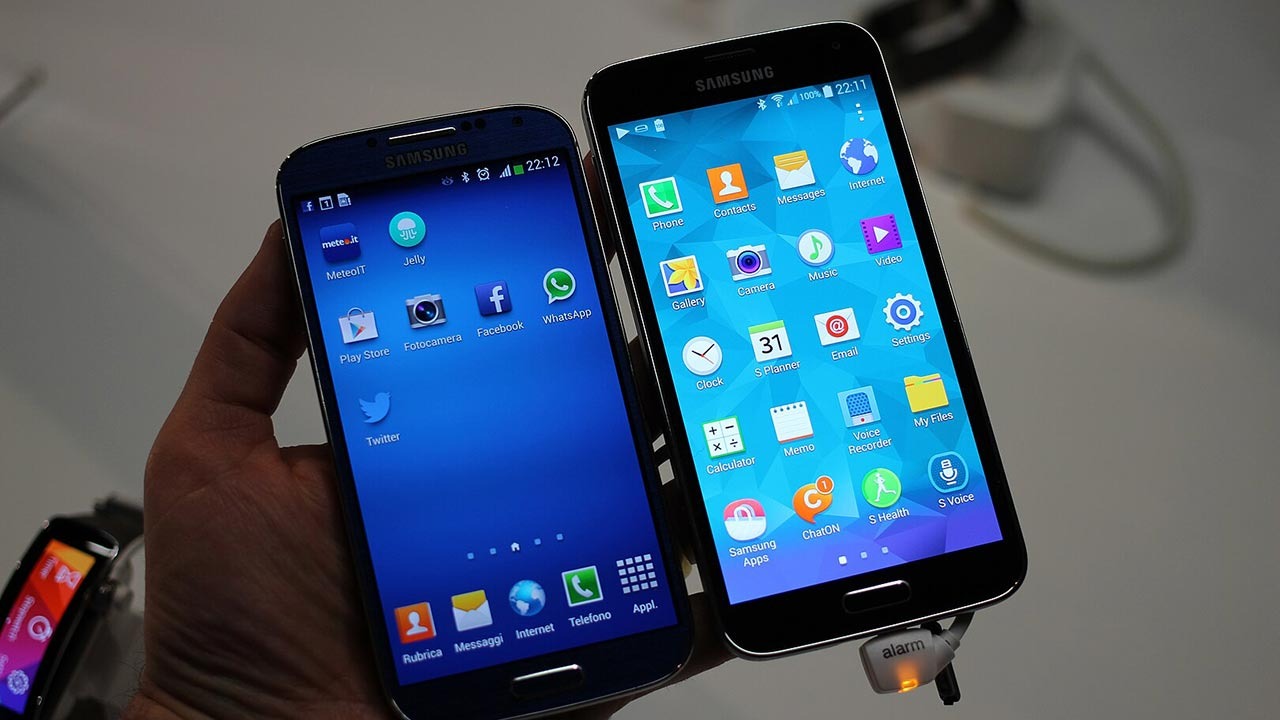
In today’s digital world, the security of your smartphone is more important than ever. As mobile malware becomes increasingly sophisticated, certain phone brands have been flagged for vulnerabilities. Keeping informed about these risks can help you make safer choices when selecting your next device. Here are ten phone brands that have recently been associated with malware concerns.
1. Samsung
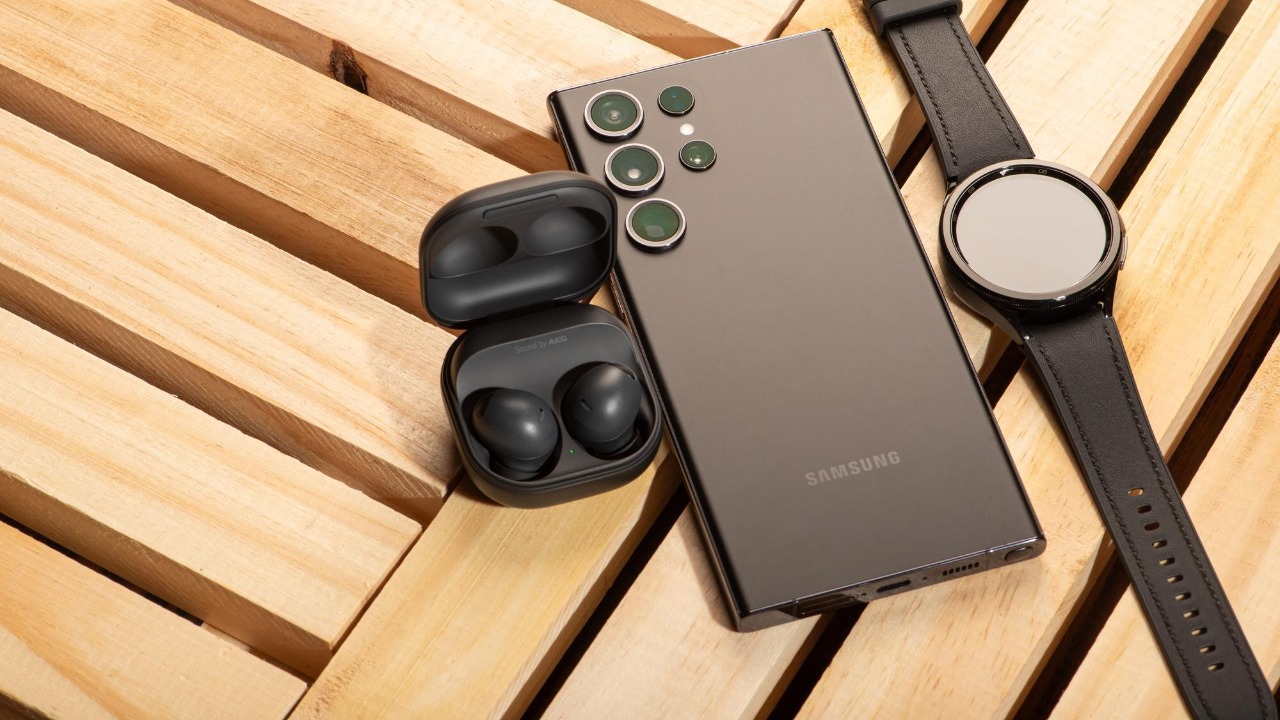
Samsung, one of the leading smartphone manufacturers globally, has not been immune to malware threats. In recent years, vulnerabilities in Samsung’s firmware have been exploited by malicious apps. These security gaps have allowed hackers to gain unauthorized access to personal data stored on devices. Despite Samsung’s continuous efforts to enhance security patches, users are encouraged to stay updated with the latest software updates to minimize risks.
A notable threat was the Triada trojan, which pre-installed on some devices, bypassed security measures to install unwanted apps. Samsung has since been vigilant in addressing such vulnerabilities, demonstrating a commitment to user security.
2. Xiaomi

Xiaomi, known for its affordable and feature-rich smartphones, has also faced scrutiny over malware issues. Reports have highlighted the presence of pre-installed apps that could potentially breach user privacy. This has raised concerns among users regarding data security and the risk of personal information being leaked.
Although Xiaomi has made strides in improving its security protocols, the company was involved in a controversy when researchers discovered apps that collected user data without explicit consent. Users are advised to carefully review app permissions and regularly update their devices to ensure maximum security.
3. Huawei

Huawei’s smartphones have been at the center of security debates, particularly concerning potential backdoors in its software. These alleged backdoors could be exploited by malware to access sensitive user data. Despite these claims, Huawei continues to deny any wrongdoing and emphasizes its commitment to user security.
The company’s reputation was further challenged when certain models were found to contain vulnerabilities that could be exploited by malware. To mitigate these risks, Huawei has invested heavily in security research and development, reassuring users with regular updates and patches.
4. OnePlus
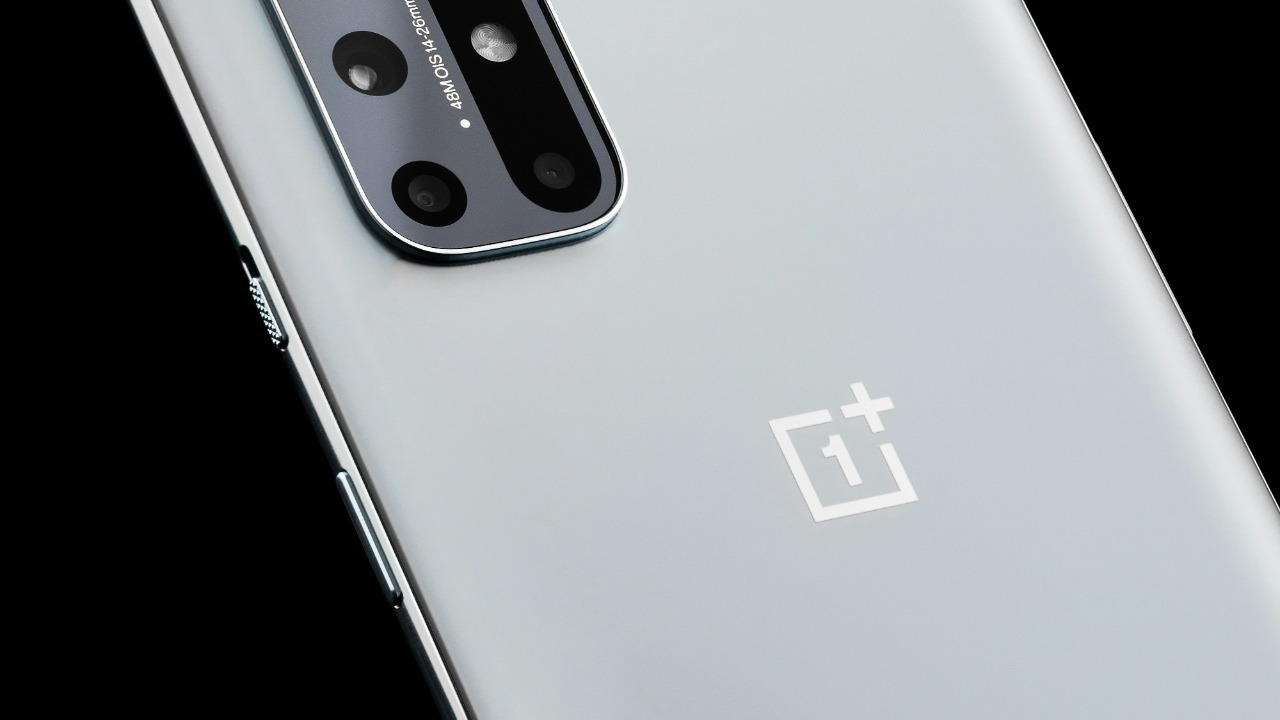
OnePlus, a brand that has gained popularity for its high-performance devices, has also encountered malware-related challenges. Reports have surfaced about certain OnePlus models being shipped with pre-installed apps that posed security risks. These apps could potentially be used to compromise user data.
OnePlus has responded by reinforcing its security measures and offering frequent updates. However, users are still advised to exercise caution by using trusted apps and keeping their devices updated to protect against evolving threats.
5. Vivo
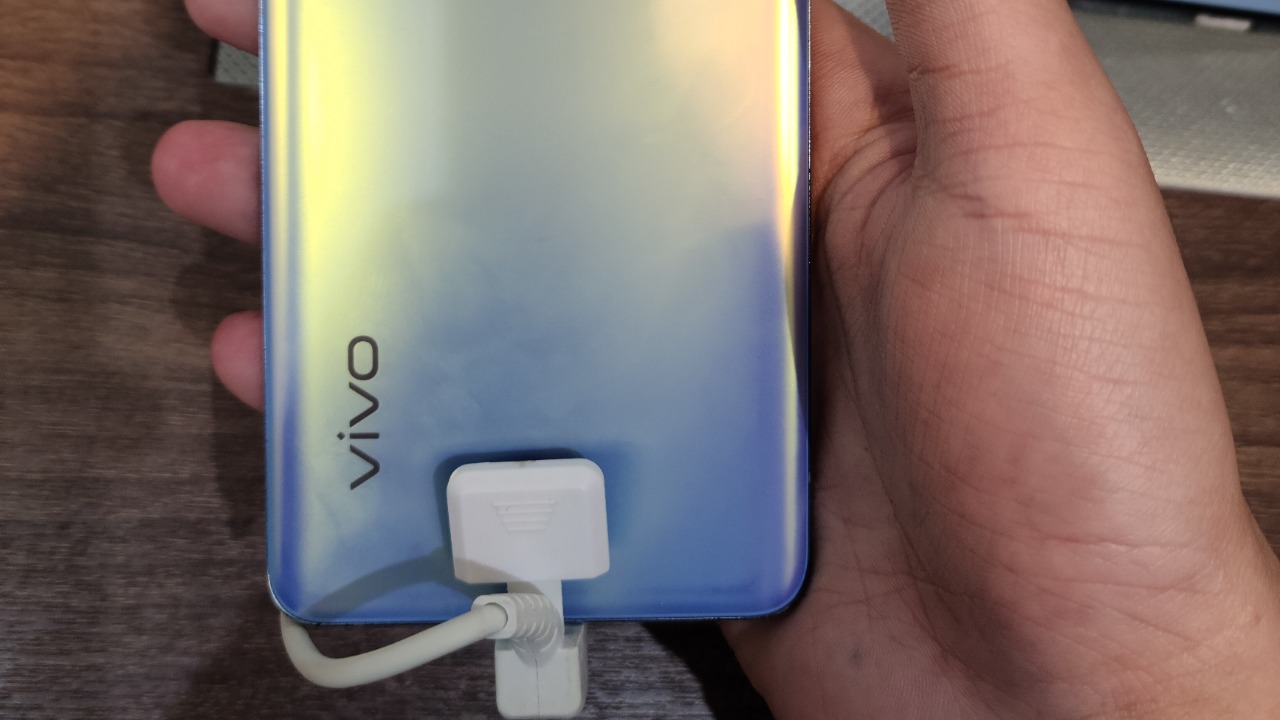
Vivo, a brand under the BBK Electronics group, has faced its share of malware concerns. Some Vivo smartphones have been found to contain pre-installed malware that could jeopardize user security. These threats have prompted the company to reevaluate its security practices and implement stricter app vetting processes.
Despite these efforts, users are encouraged to remain vigilant and avoid downloading apps from third-party sources. Regularly updating the operating system and using reputable security apps can help safeguard against potential threats.
6. Oppo

Oppo, another BBK Electronics brand, has also been associated with malware issues. Researchers have identified vulnerabilities in Oppo devices that could be exploited by cybercriminals to gain unauthorized access to user data. These findings have raised concerns about the overall security of Oppo smartphones.
The company has since taken steps to strengthen its security infrastructure, including frequent security updates and improved app vetting procedures. Users are advised to take advantage of these updates and remain cautious when downloading apps to enhance their device’s security.
7. LG

LG, despite its exit from the smartphone market, has had its share of malware-related challenges. Certain older LG models were found to have vulnerabilities that could be exploited by malicious apps to access user data. Although LG has discontinued its smartphone production, users of existing devices should remain vigilant.
The company’s focus on updating its existing devices with the latest security patches is crucial for maintaining user security. LG users are encouraged to keep their devices updated and use trusted security apps to protect against potential threats.
8. Lenovo
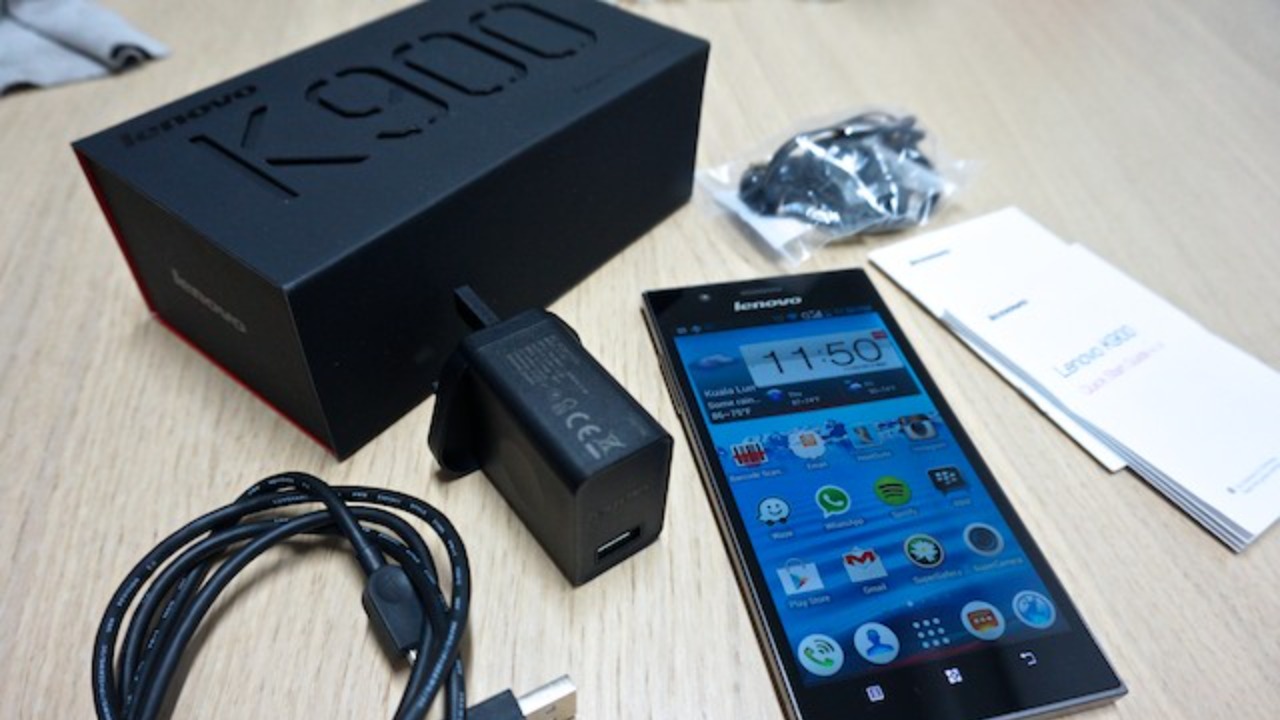
Lenovo’s smartphones have also faced malware concerns in the past. Security researchers have identified instances where Lenovo devices were pre-loaded with software that posed security risks. These vulnerabilities have prompted the company to enhance its security protocols and transparency.
Lenovo’s commitment to improving its security posture includes regular updates and collaboration with security experts. Users should take advantage of these updates and practice safe browsing habits to reduce the risk of malware infections.
9. ZTE
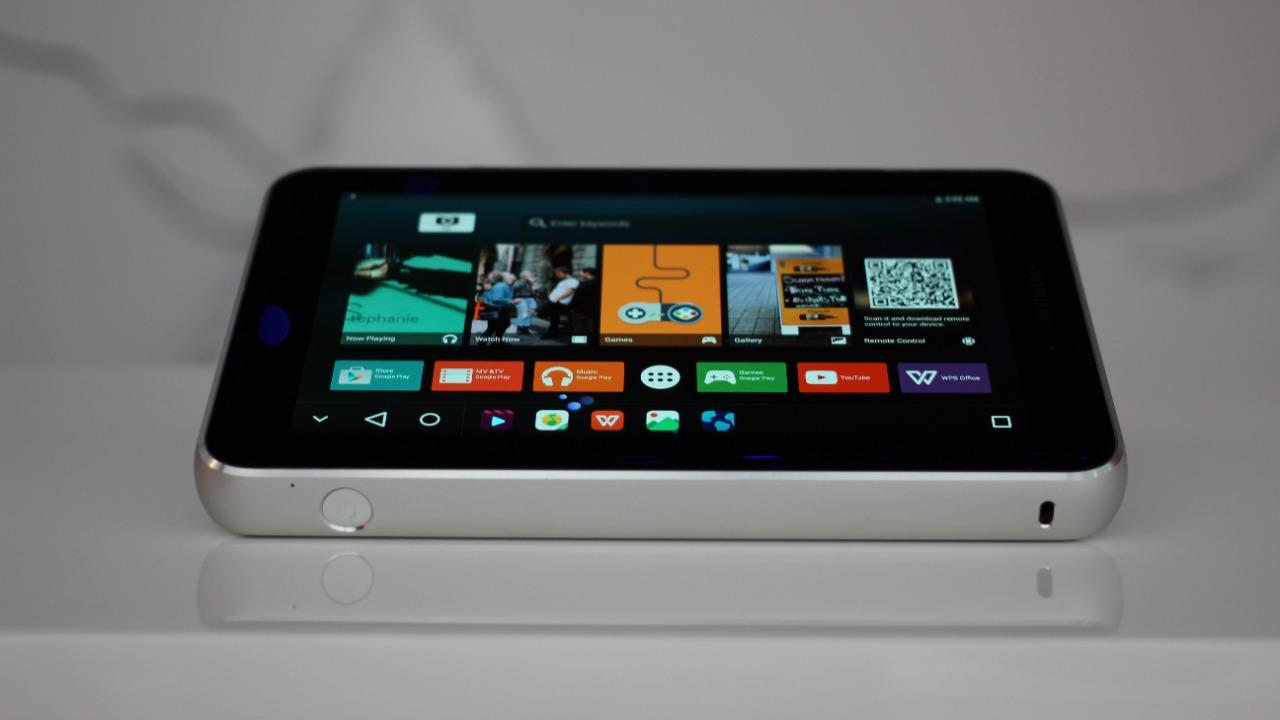
ZTE has been flagged for malware issues, particularly concerning pre-installed apps that could compromise user privacy. These apps have been found to have vulnerabilities that could be exploited by hackers to access personal data.
The company has responded by implementing stricter security measures and providing regular updates to address these vulnerabilities. ZTE users are advised to stay informed about the latest security patches and be cautious about app permissions to protect their data.
10. Alcatel

Alcatel, a brand known for its budget-friendly smartphones, has also faced malware-related challenges. Reports have highlighted the presence of pre-installed apps that could pose security risks to users. These concerns have prompted Alcatel to enhance its security practices and app vetting processes.
Despite these efforts, users should remain vigilant by regularly updating their devices and avoiding downloads from untrusted sources. Using security apps and reviewing app permissions can further protect against potential threats, ensuring a safer mobile experience.